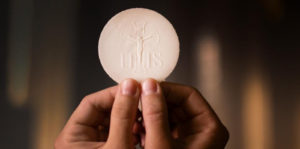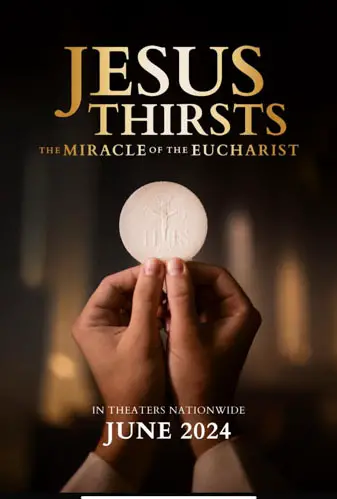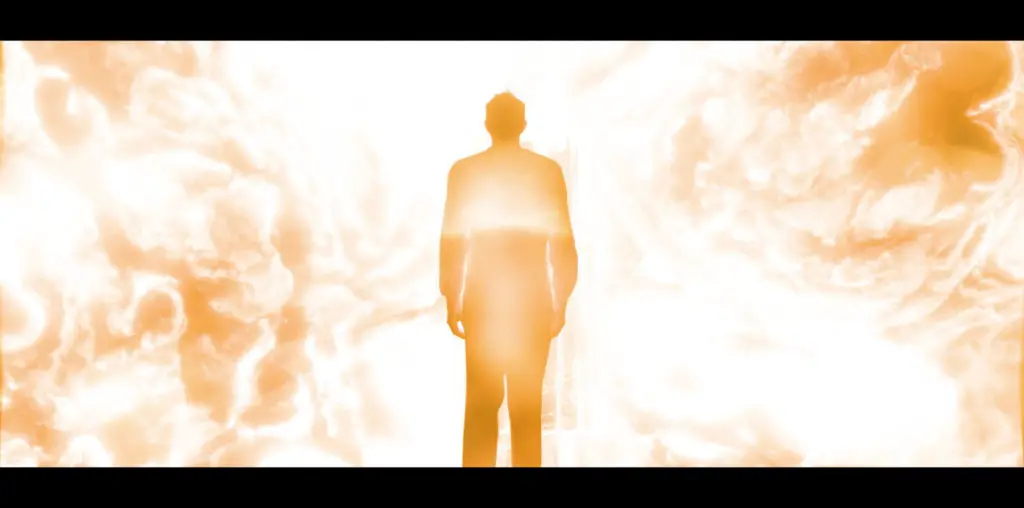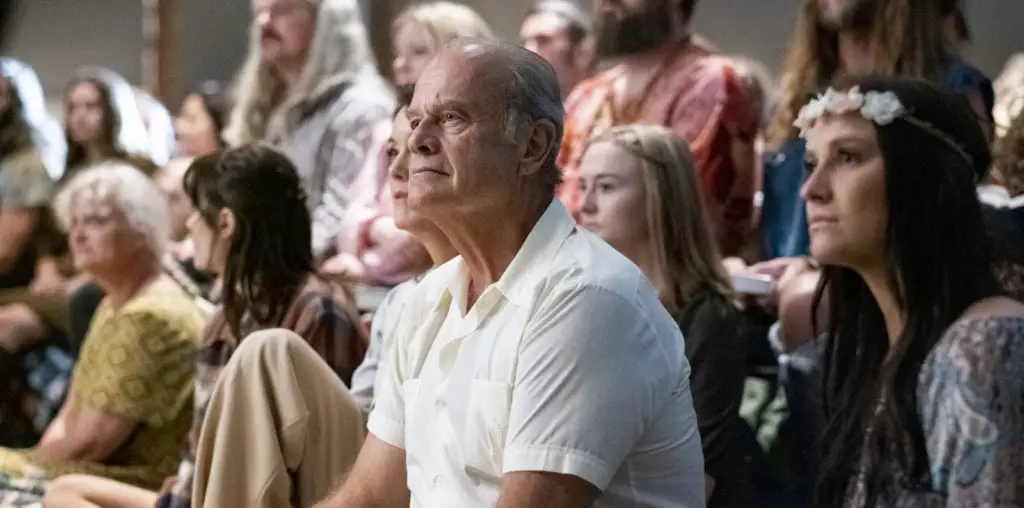
The Eucharist is the source and summit of the Catholic faith. Catholics believe that the bread and wine truly become the body and blood of Jesus Christ, yet a Pew Research poll in 2019 showed that 70% of US Catholics do not believe in Christ’s “true presence” in the Eucharist.
Since then, the United States Conference of Catholic Bishops has been calling for a Eucharistic revival. If the Catholic faith is built on the Eucharist, and no one believes in it, then how can it continue? Writer/director Tim Moriarty’s documentary Jesus Thirsts: The Miracle of the Eucharist is clearly a personal and touching response to that call.
Jesus Thirsts showcases the history of the Church’s teachings on the Eucharist, dating back to the prefiguration of the Eucharist in the Old Testament. Cutting between the ancient world and the present day, Moriarty makes the case that miracles didn’t simply end after the time of Christ. The film highlights inexplicable Eucharistic miracles of survival and even instances where the consecrated bread started to bleed.
“…the history of the Church’s teachings on the Eucharist…”
Jesus Thirsts features commentary from top Catholic thinkers and scholars and juxtaposes them with everyday people, some practicing and some not. It is beautifully shot and edited well and is successful in providing encouragement to believing Catholics. The film does enough to convince those struggling to believe that the Eucharist is more than a symbol to dive deeper, but it may come across to nonbelievers as simply preaching to the choir.
The documentary tries to cover enough ground to provide historical and scientific evidence for miracles and the true presence of Christ in the Eucharist. It could have leaned a little more into the investigative element of Eucharistic miracles, but understandably, that would be its own movie. That is where Google comes in handy after you finish watching.
It conveys the simplicity of faith and the grandeur of what you have to gain by believing. Like every film involving the Catholic Church, it must spend some time on the great scandals in the Church, and understandably, the scandals will be the reason people choose not to trust the Catholic Church, its Eucharist, or watch this film.
In an age where every film out of Hollywood seems to have a hidden agenda, I can appreciate a film that tells you what it is and doesn’t hide what it wants you to get out of it. This film is made by filmmakers who care about their audience, whether catholic or not.
The film’s concluding message is simply, “Try it.” If you’re considering watching this film, I’d echo the same message: Try it. You might get something out of it. Isn’t that the reason we watch movies in the first place?

"…miracles didn’t simply end after the time of Christ..."


